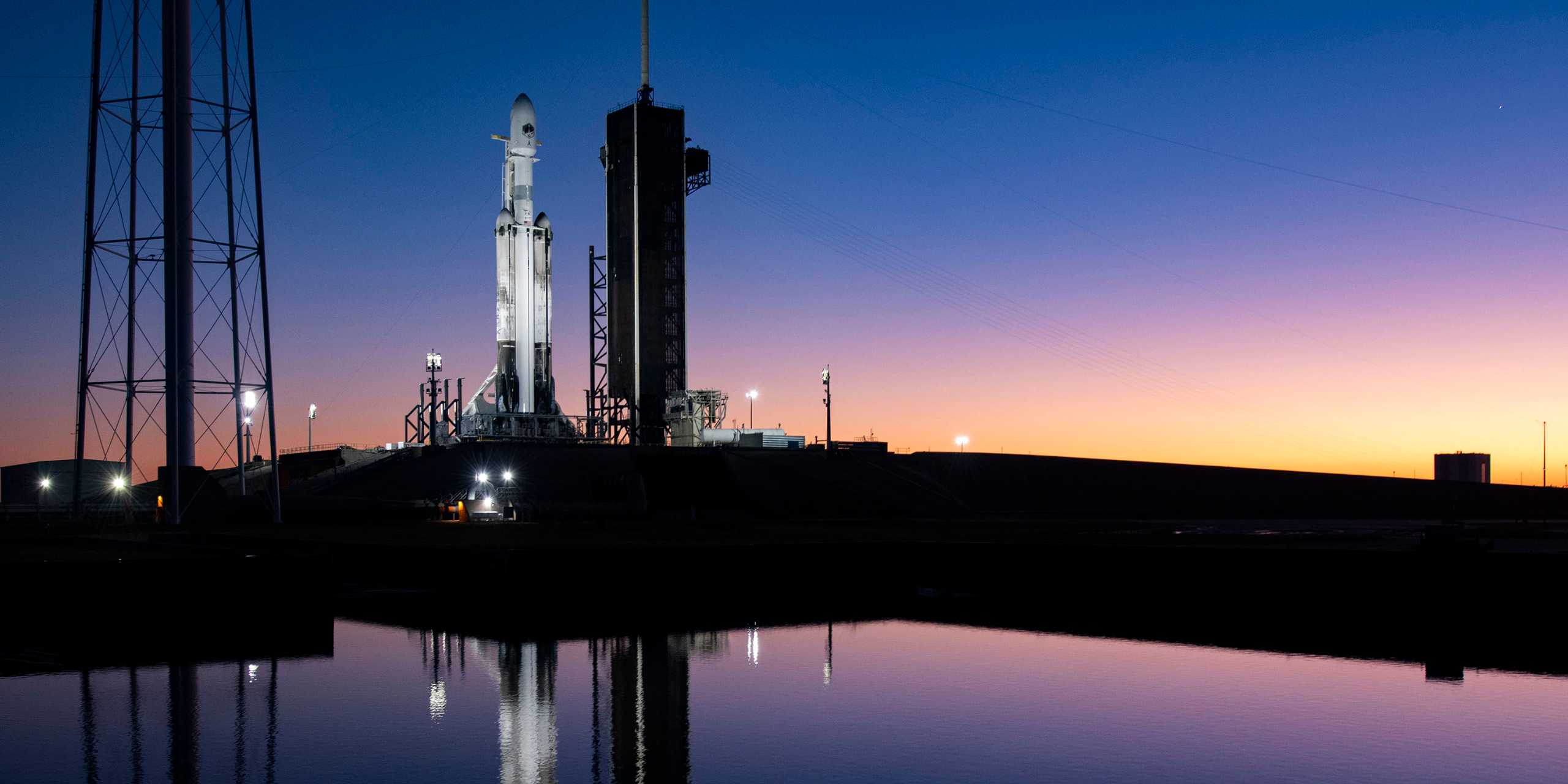Deep tracks
By selecting one of the specialised deep tracks students define the main area of their educational path. A tutoring system is designed to ensure students receive the optimal support in setting up their personalised learning agreements.

Five different deep tracks
The deep track “Aerospace Engineering ” enables students to learn the basic building blocks of classical aerospace education, as present at ETH Zurich. These are:
- structural mechanics, especially light-weight and composite technologies
- fluid dynamics, including aerodynamics and propulsion
- control theory, with emphasis on digital systems
- orbital mechanics
The deep track “Earth Observation” teaches methods of Earth observation from space, with a focus on electromagnetic methods, ranging from radar to hyperspectral optical. It also teaches typical use cases, specifically monitoring of the biosphere and climate research. A goal is to motivate students to come up with use cases that can be implemented with current ESA or commercial missions. The track is offered in close collaboration with the University of Zurich.
The deep track "Planetary Science" teaches the fundamentals of Geosciences as it is necessary to understand current scientific activities of ESA and NASA in the solar system.
A focus is on understanding the fundamental physical and chemical processes governing the formation and evolution of planets and other bodies in our solar system and how datasets inform about these processes.
The deep track delivers a high-level education in quantitative methods, and enables students to leverage the full range of diverse data sources available, including data related to missions in which ETH is currently involved in, such as OSIRIS-REx, InSight, BepiColombo and LunarLeaper.
A Bachelor's degree in Earth Sciences or Physics is advised, but the course list also contains specific courses that allow applicants e.g. with engineering degrees to close gaps.
The deep track “Robotics” makes use of ETH Zurich's excellent record in robotics, systems, and control. It offers courses in autonomy, control, mobility, computer vision, and human-robotic interfaces. Students will have the opportunity to work with experts on projects covering the entire spectrum, from autonomous exploration in extraterrestrial environments to control of rocket propulsion. Students are expected to have a strong background in mathematics, modelling, and control or be willing to attend extra lectures to fill potential gaps.
The deep track “Space Communication” teaches the fundamentals and recent developments in communication systems for space applications.
The track is built around a newly-designed dedicated lecture in the third semester. Leading towards this lecture are the fundamentals in information and communication theory, as well as radio frequency (RF) electronics, optical communications, antenna design, link-budget analysis, modulation, coding, and beamforming. The most important use cases, such as low Earth orbit (LEO) downlink, LEO constellations, geostationary orbit (GEO) data relay, and deep space are discussed.
The track is recommended for students with a B.Sc. degree in physics or electrical engineering; applicants from other fields may need to complete additional introductory courses.